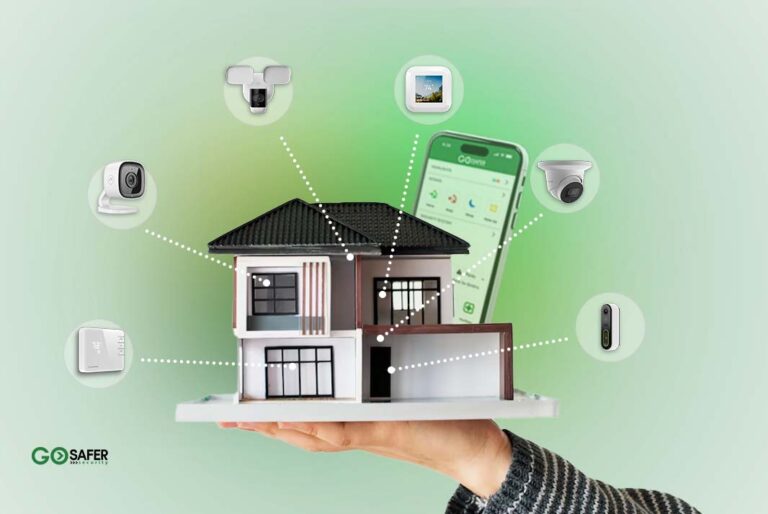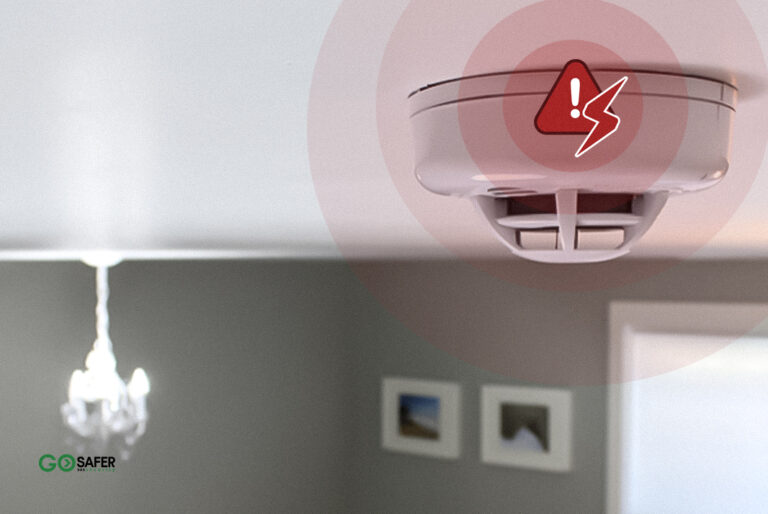Table of Contents
ToggleWhat Are the Key Differences Between Home Security and Home Automation?
In the digital age, the concepts of home security and home automation have significantly evolved, offering homeowners enhanced safety, convenience, and efficiency. While these terms are often mentioned together, they serve distinct purposes and employ different technologies to achieve their goals. Understanding the differences between home security and home automation is crucial for anyone looking to upgrade their home’s technology. This article aims to clarify these distinctions, helping you make informed decisions about which systems best suit your lifestyle and security needs.
Introduction to Home Security and Home Automation Technology
Home security systems are designed to protect your property and family from intrusions, environmental hazards, and other emergencies. They typically include alarms, sensors, cameras, and a monitoring service that alerts you and, potentially, emergency responders to any issues. On the other hand, home automation systems focus on making your home more efficient and convenient to manage, often through the control of lighting, temperature, entertainment systems, and appliances.
While both systems can significantly enhance your living experience, they do so in different ways. For a deeper dive into integrating these systems for a comprehensive home solution, consider reading our insights on combining home security and automation.
Understanding Home Security Systems
The primary aim of home security systems is to safeguard your home from potential threats. This protection extends beyond deterring burglars; modern systems can also monitor for fire, carbon monoxide, and even floods. Key components include:
- Control Panels: Serve as the system’s nerve center, coordinating responses and interactions among various sensors and alarms.
- Sensors and Detectors: These devices detect unauthorized entry, smoke, carbon monoxide, or water leaks, triggering the system to alert homeowners and, in some cases, emergency services.
- Surveillance Cameras: Offer real-time monitoring and recording capabilities to provide visual evidence of incidents.
- Professional Monitoring: Many systems come with the option for professional monitoring, ensuring that any alerts are promptly addressed, even when you’re away from home.
The benefits of a robust home security system are manifold, from deterring potential intruders to ensuring quick response times in emergencies, ultimately providing peace of mind. For those considering the investment, our article on the worth of home security systems offers valuable insights.
Exploring Home Automation Systems
Home automation systems transform your living space into a smart home, automating tasks for convenience, energy efficiency, and even fun. These systems can include:
- Smart Thermostats: Adjust your home’s temperature based on your habits and preferences, potentially saving on energy costs.
- Intelligent Lighting: Program your lights to turn on or off at specific times, or control them remotely, enhancing both convenience and security.
- Automated Appliances: From smart refrigerators to voice-activated ovens, these devices add a layer of convenience and efficiency to your daily routines.
- Voice Assistants: Control various aspects of your home using voice commands, making your home’s technology accessible to everyone.
The integration of home automation systems not only makes your life easier but can also contribute to significant energy savings and a reduced carbon footprint.
Key Differences Between Home Security and Home Automation
The main difference between home security and home automation lies in their primary objectives: security systems focus on protection and safety, while automation systems emphasize convenience and efficiency. However, the line between the two is increasingly blurring, with many devices now offering features that cater to both needs. Smart locks, for example, enhance security while also adding convenience through features like remote access and temporary guest codes.
Combining Home Security and Home Automation for a Smart Home
Integrating home security with home automation can provide the best of both worlds, offering a seamless, smart home experience. This unified approach not only simplifies the management of your home’s technology but also enhances security and convenience. For instance, an automated lighting system can deter potential intruders by simulating occupancy, while a smart security system can turn lights on in the event of an alarm, providing better visibility and deterring trespassers.
Conclusion
While home security and home automation serve distinct purposes, their integration can significantly enhance your home’s safety, efficiency, and convenience. By understanding the key differences and benefits of each, you can make informed decisions about the technologies that best suit your needs. Whether you prioritize security, convenience, or a combination of both, there’s a solution that fits your lifestyle.
For those looking to create a safer, more efficient home environment, Go Safer Security offers expert advice and solutions tailored to your unique needs. Explore our resources and services to discover how you can transform your house into a smart, secure home.







